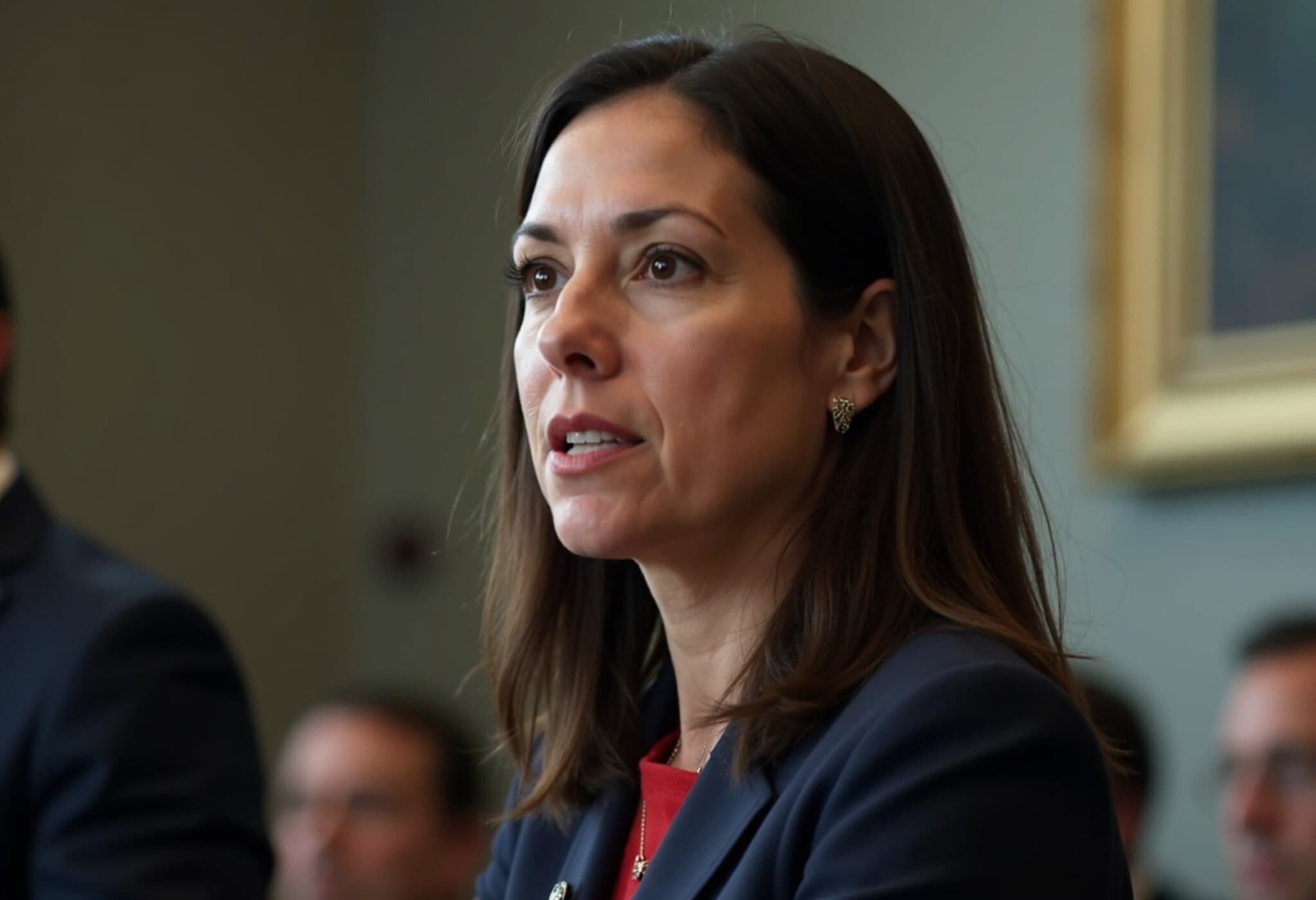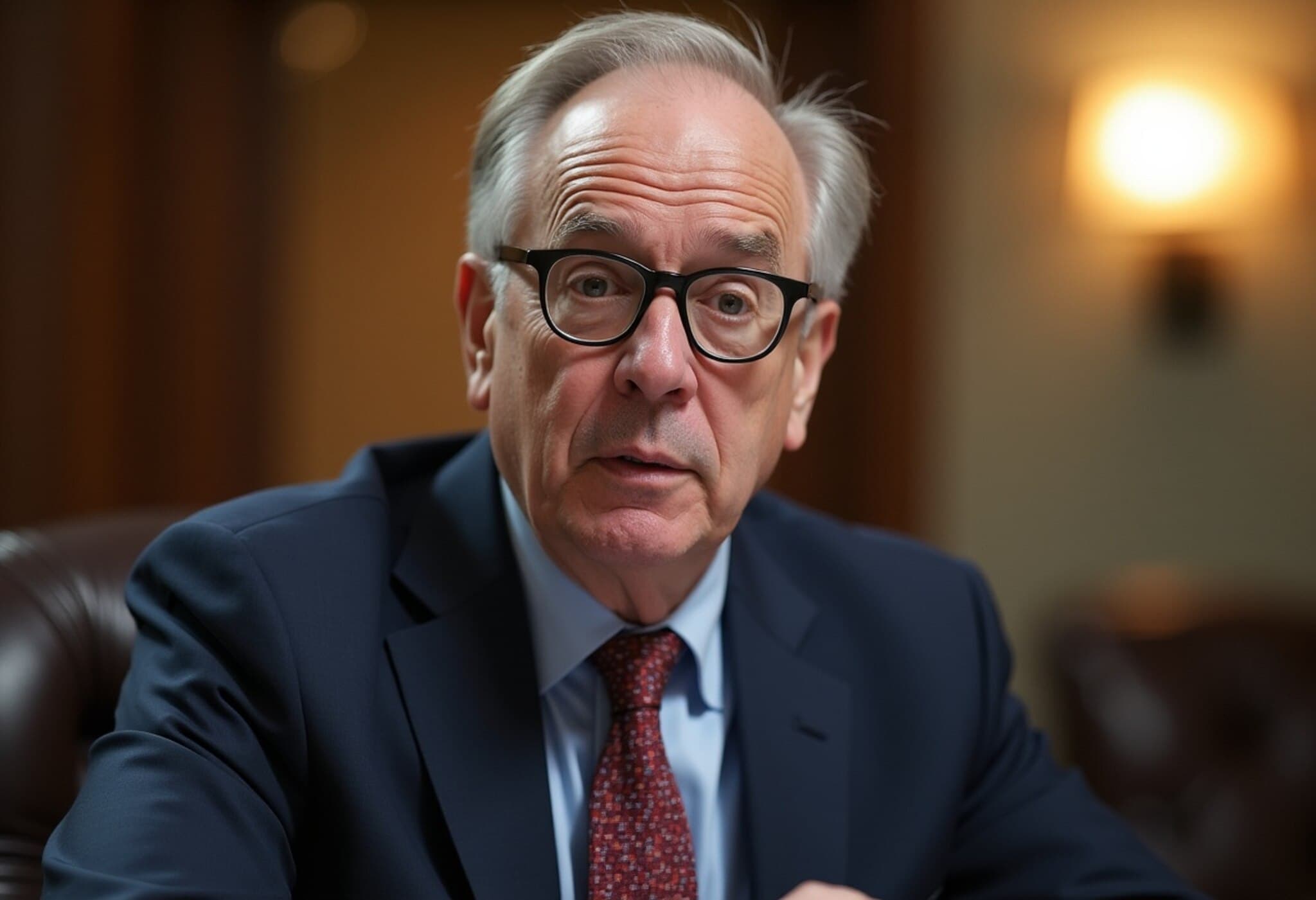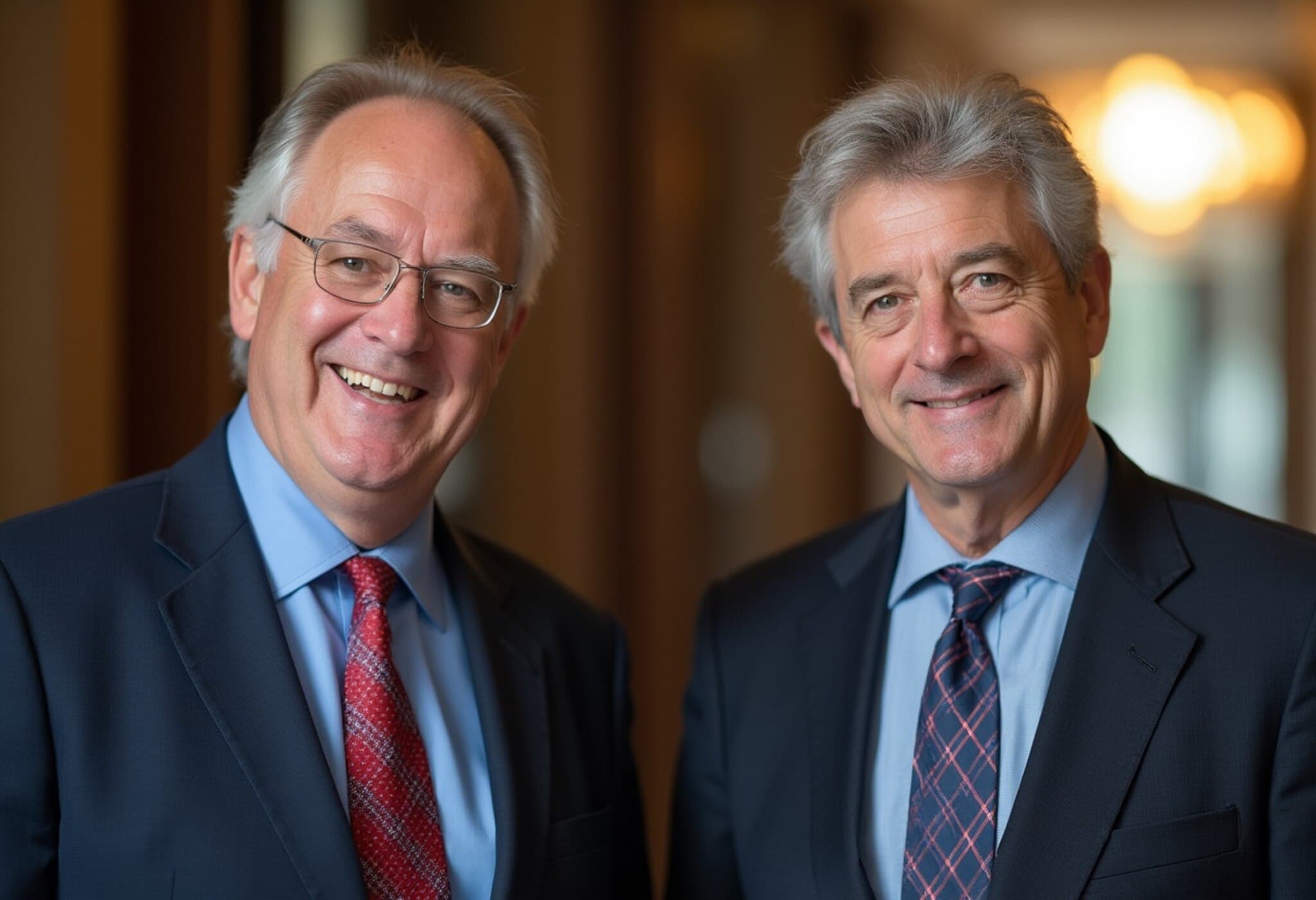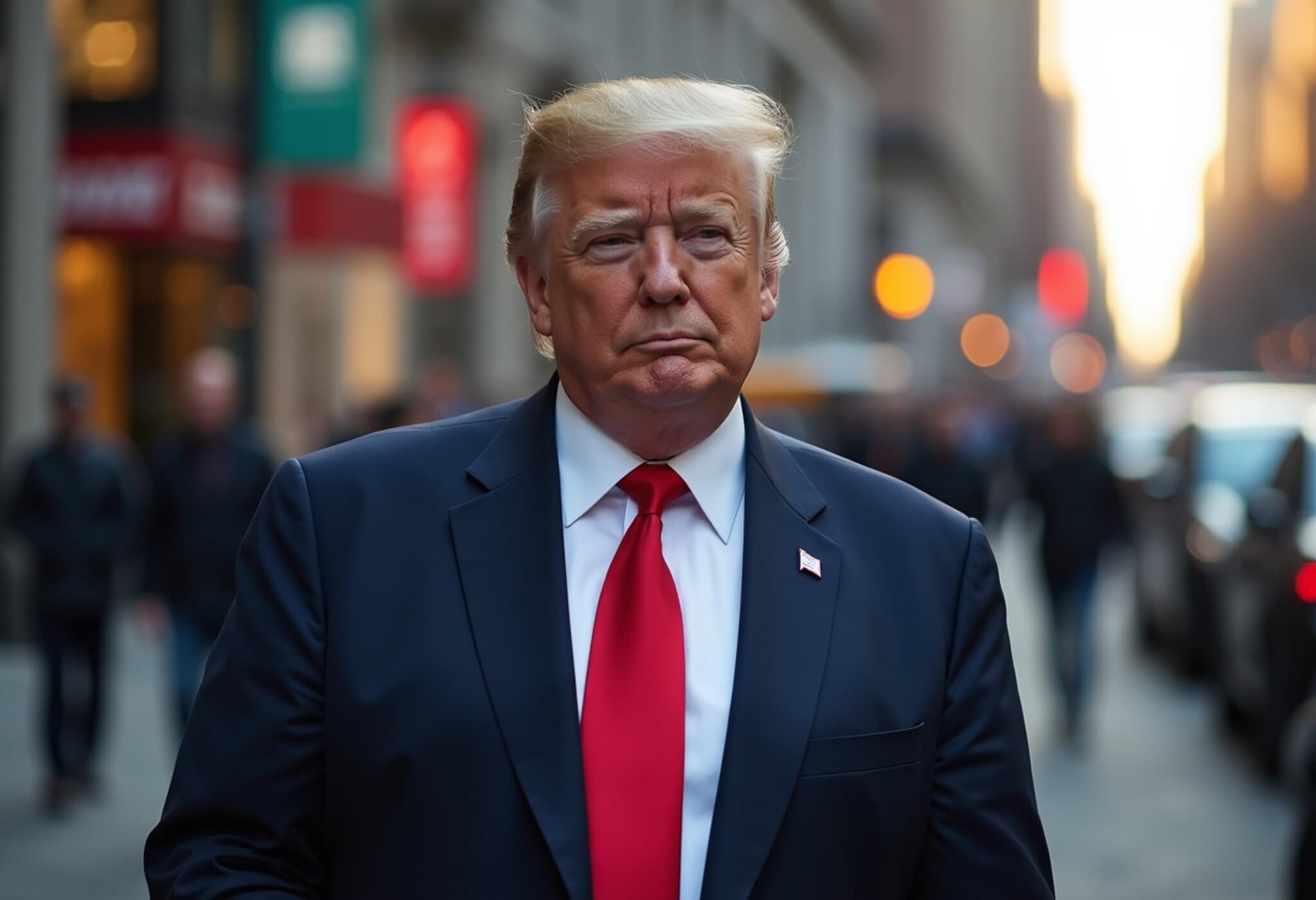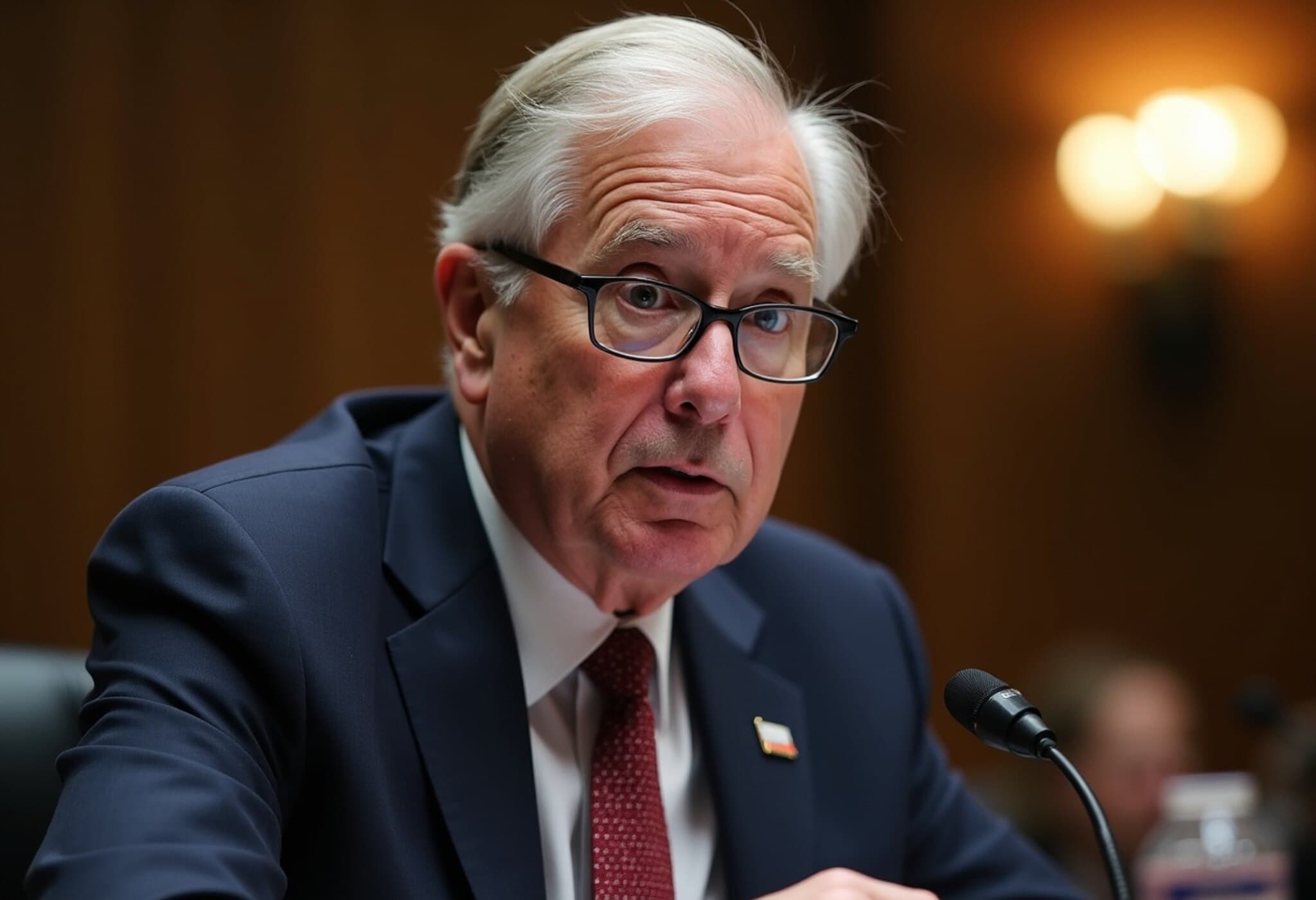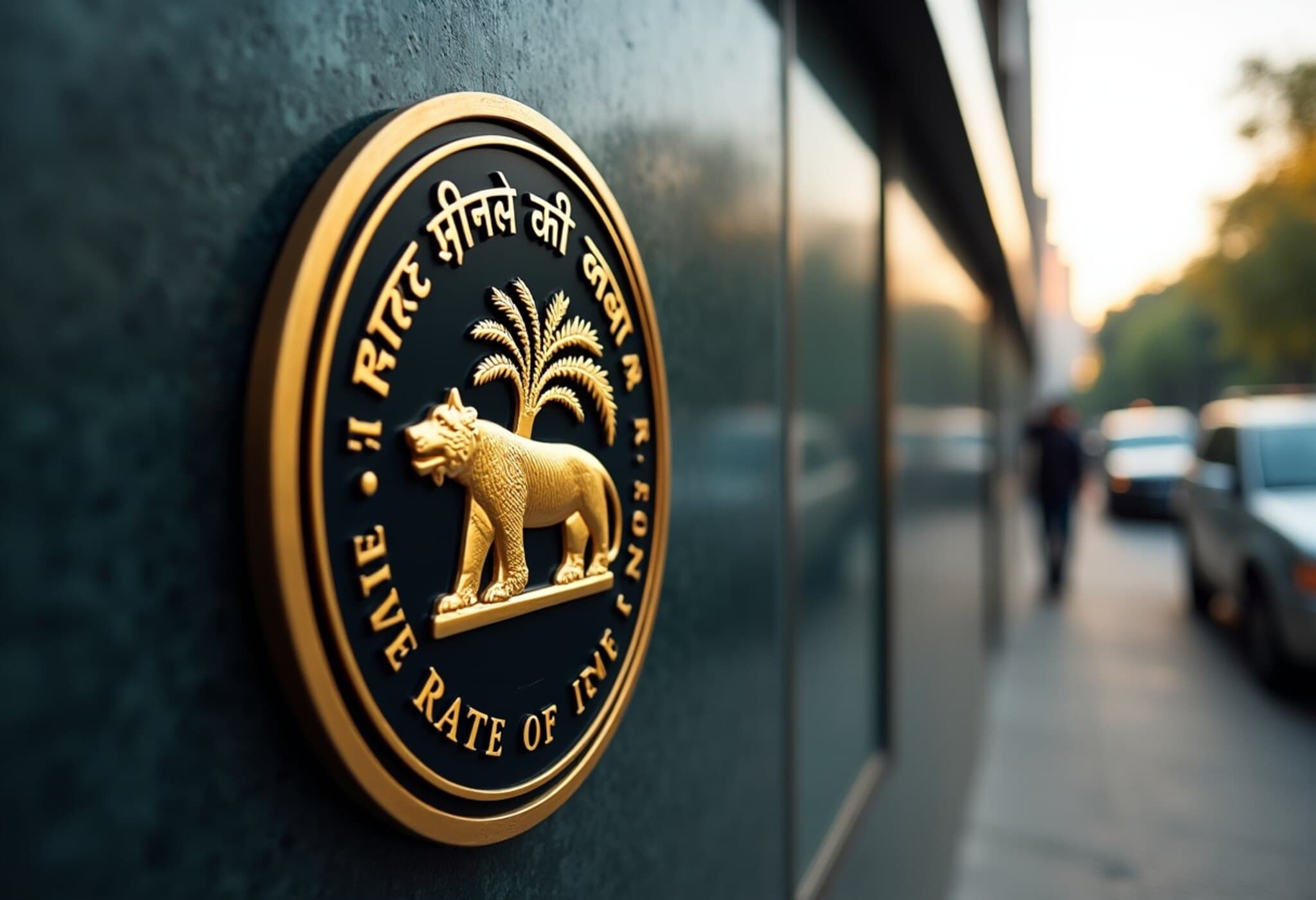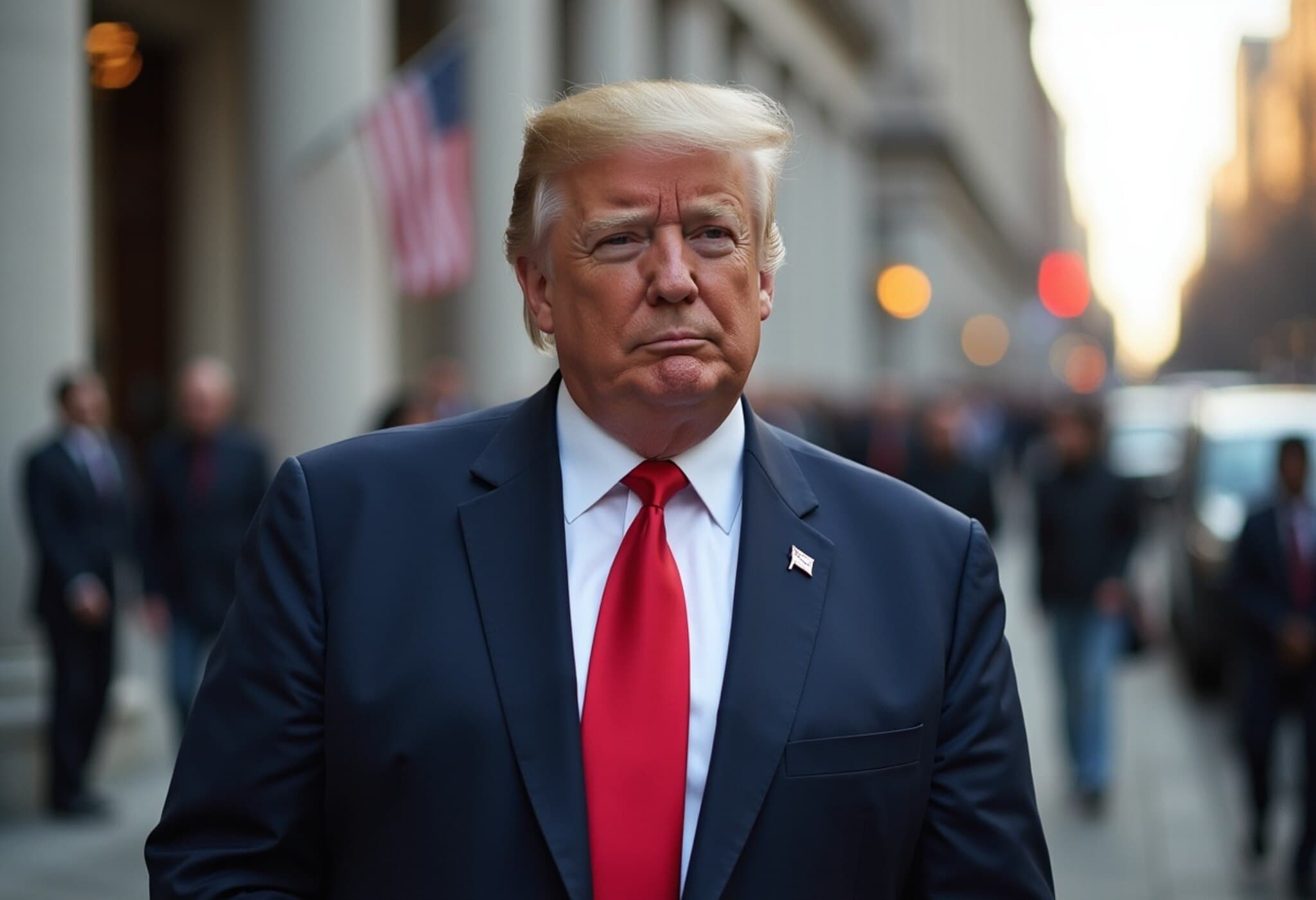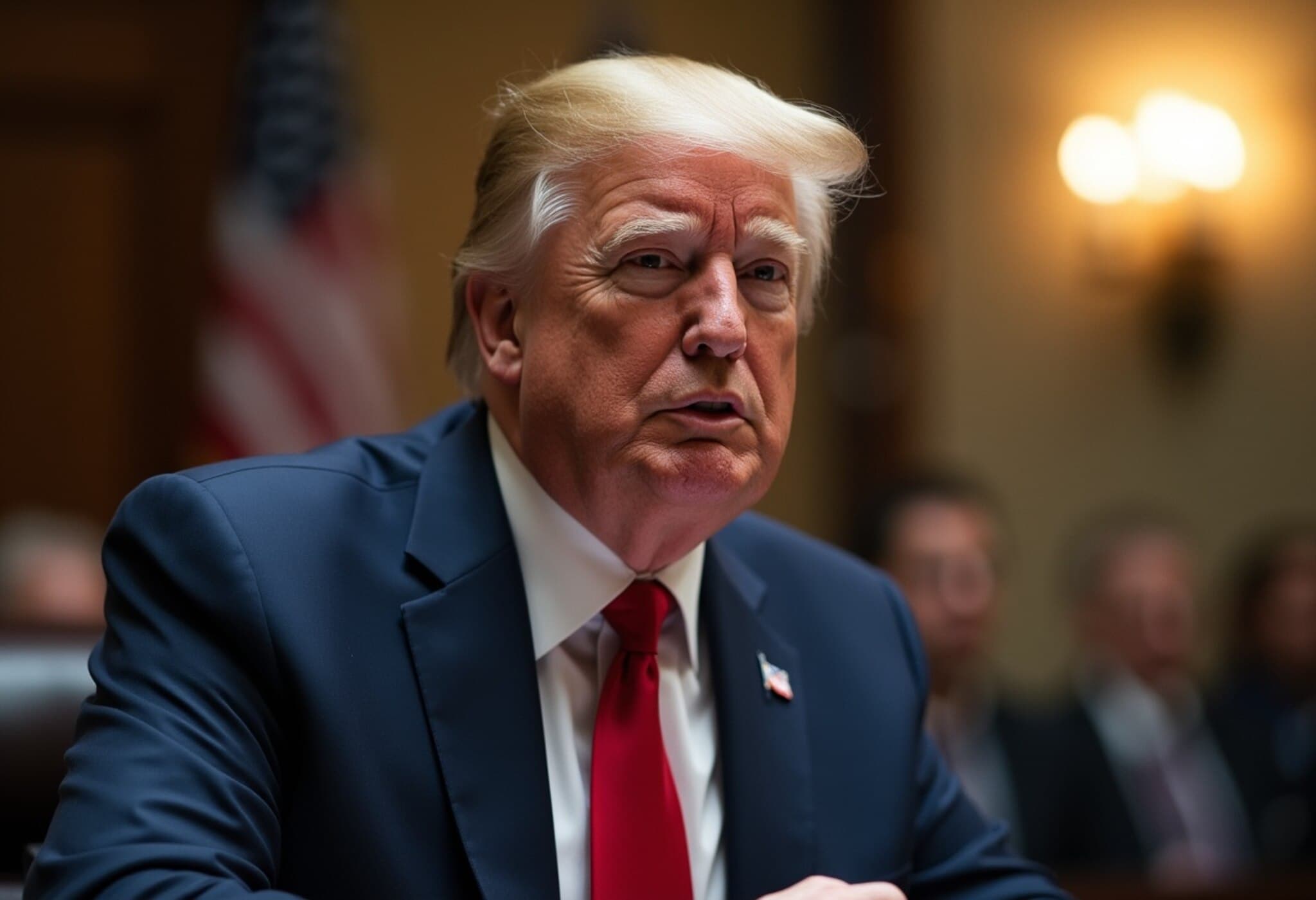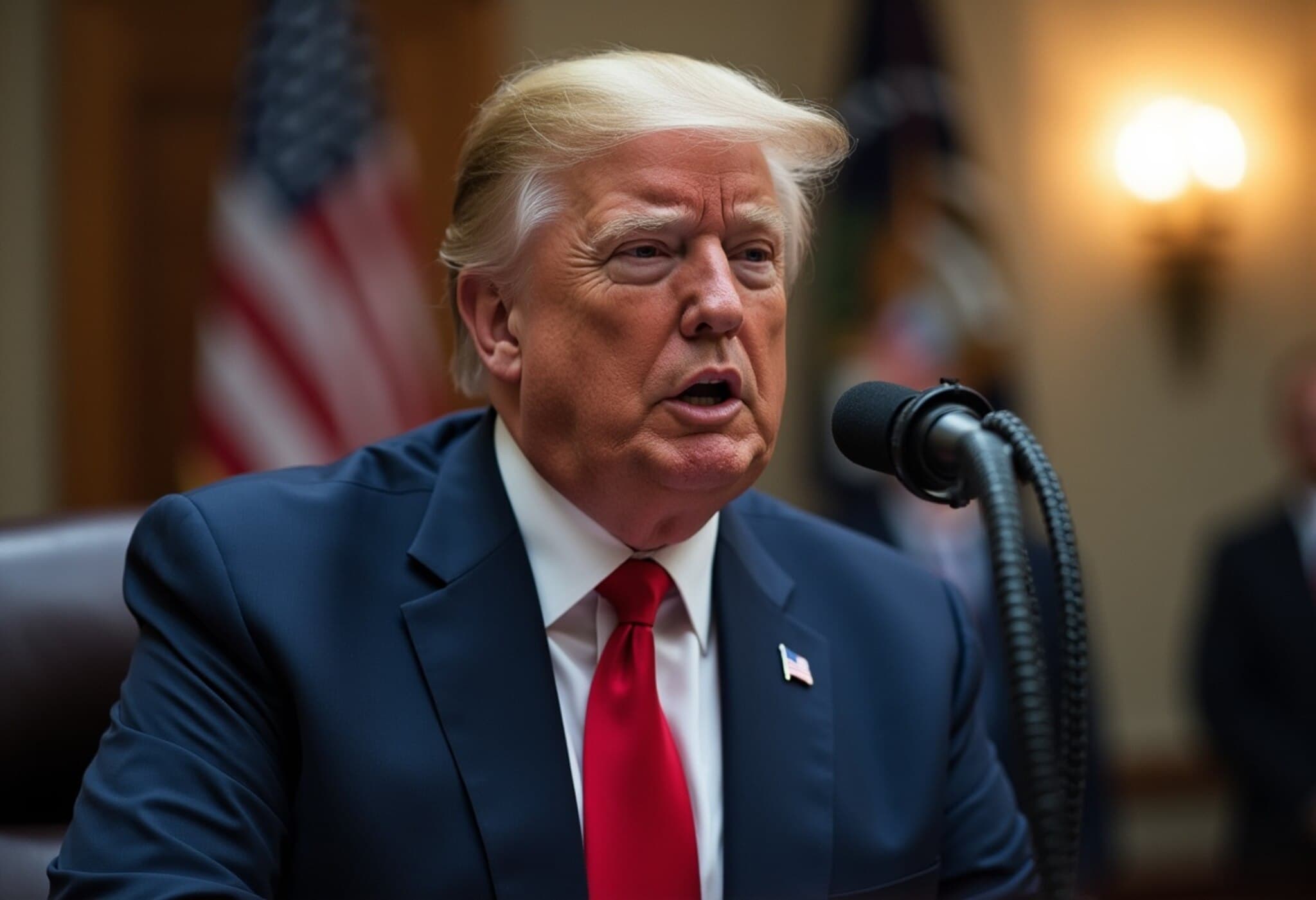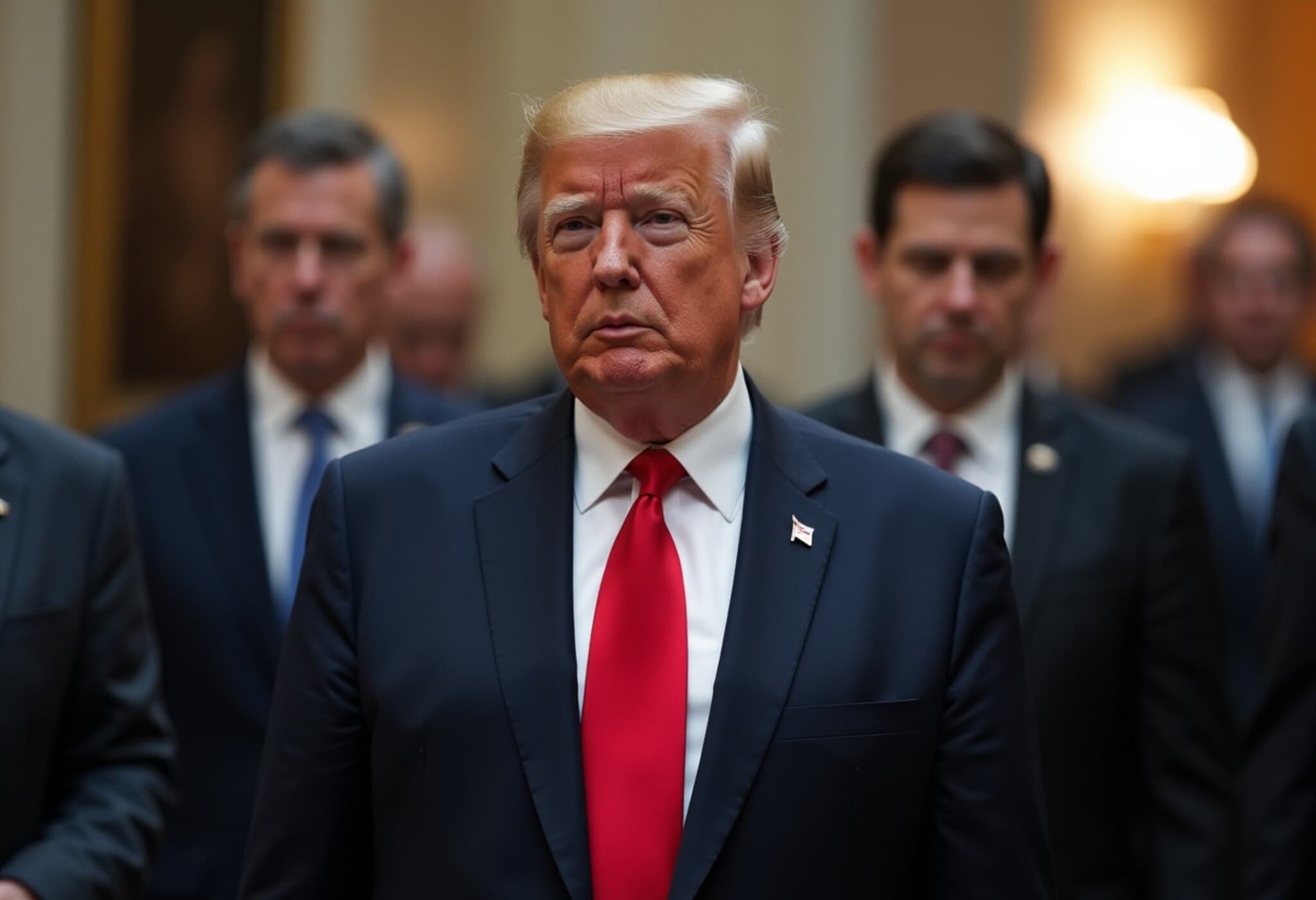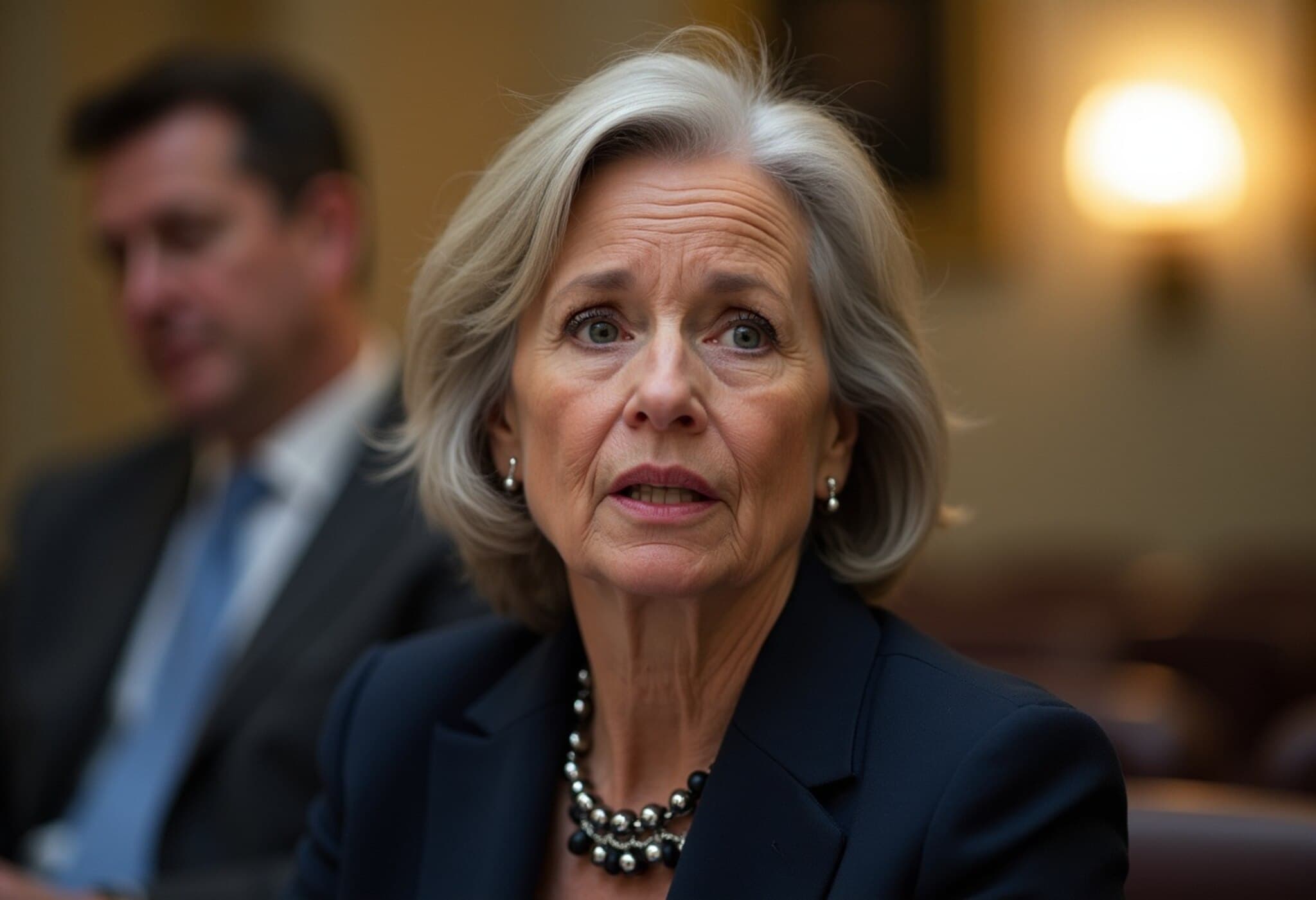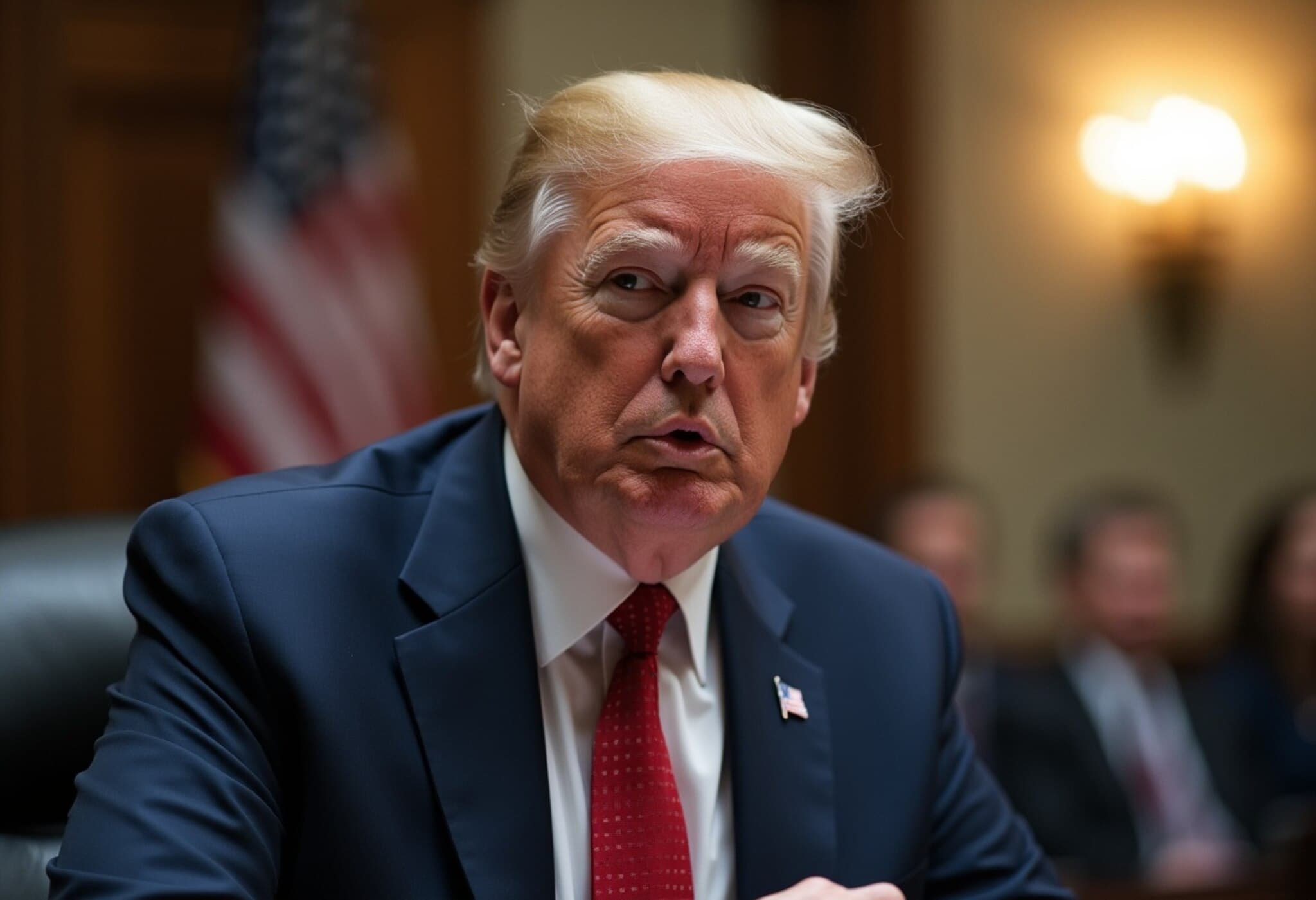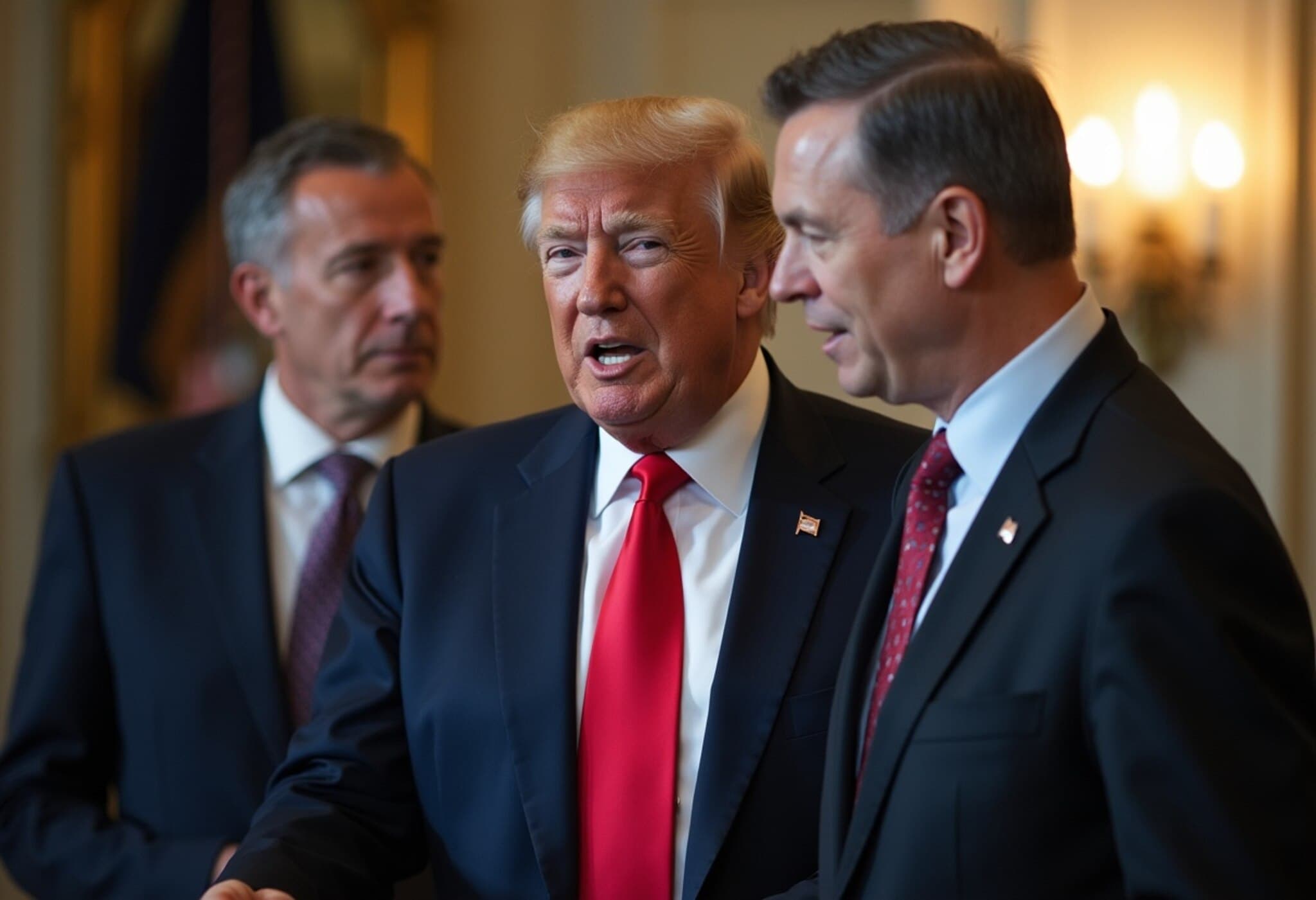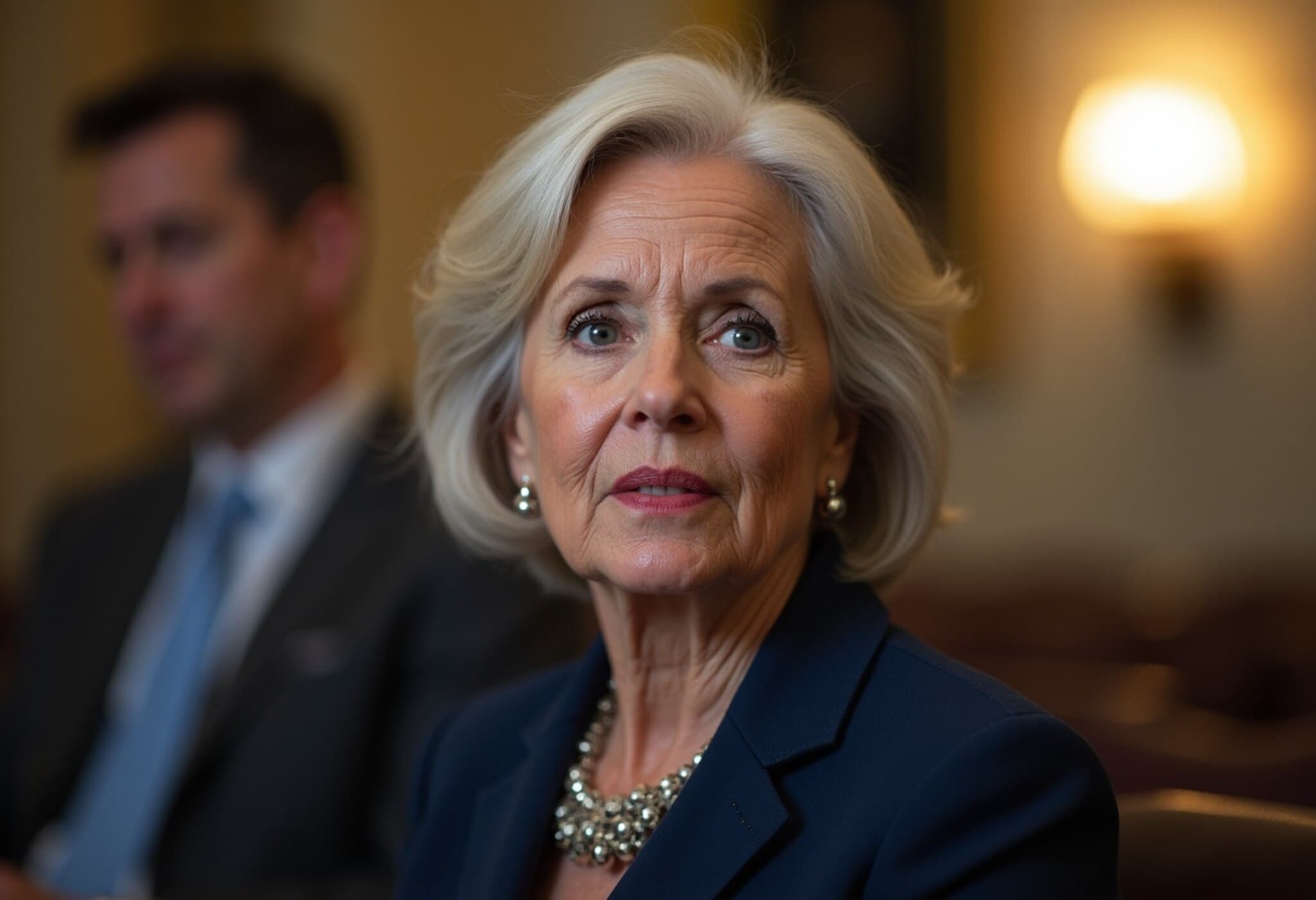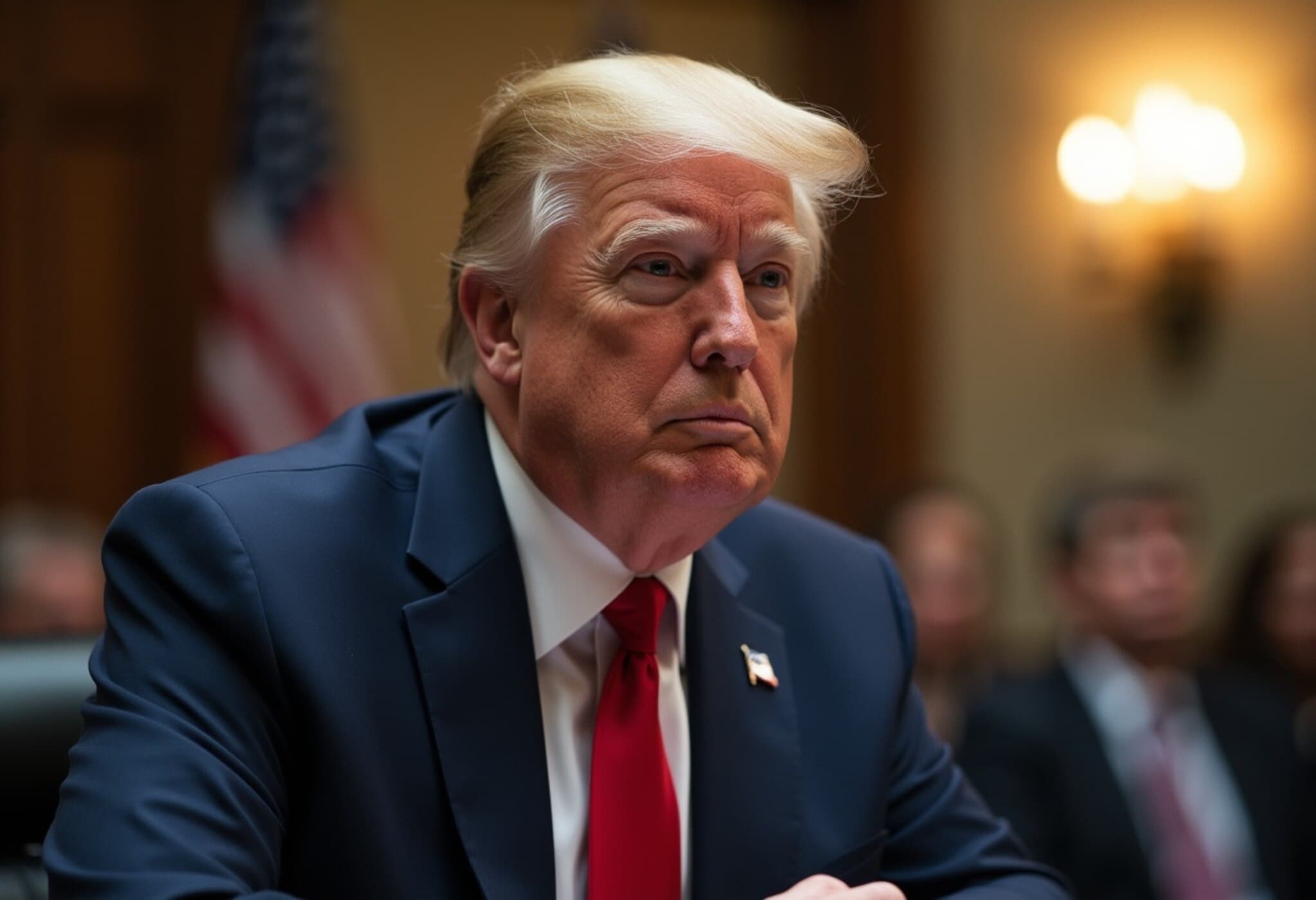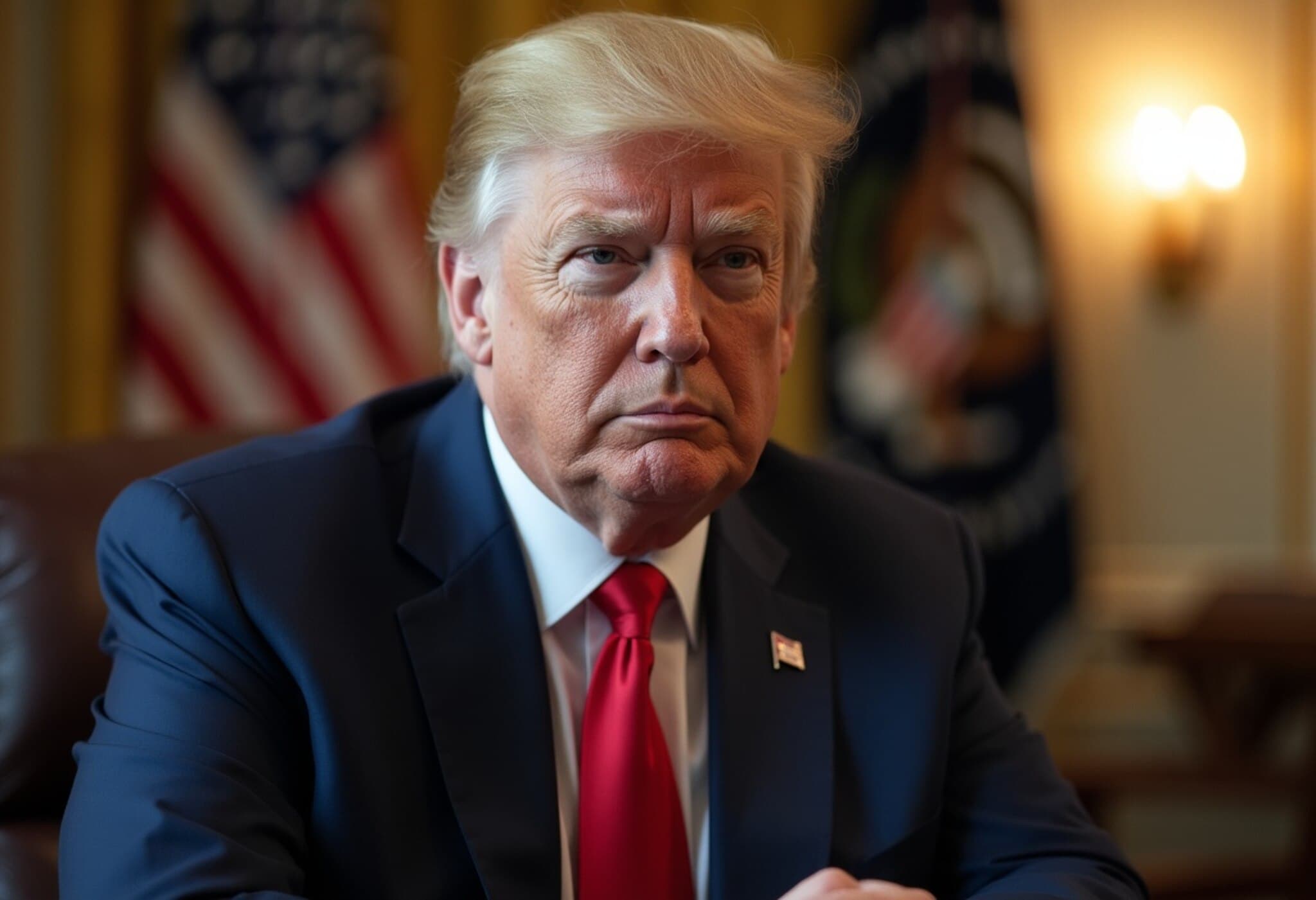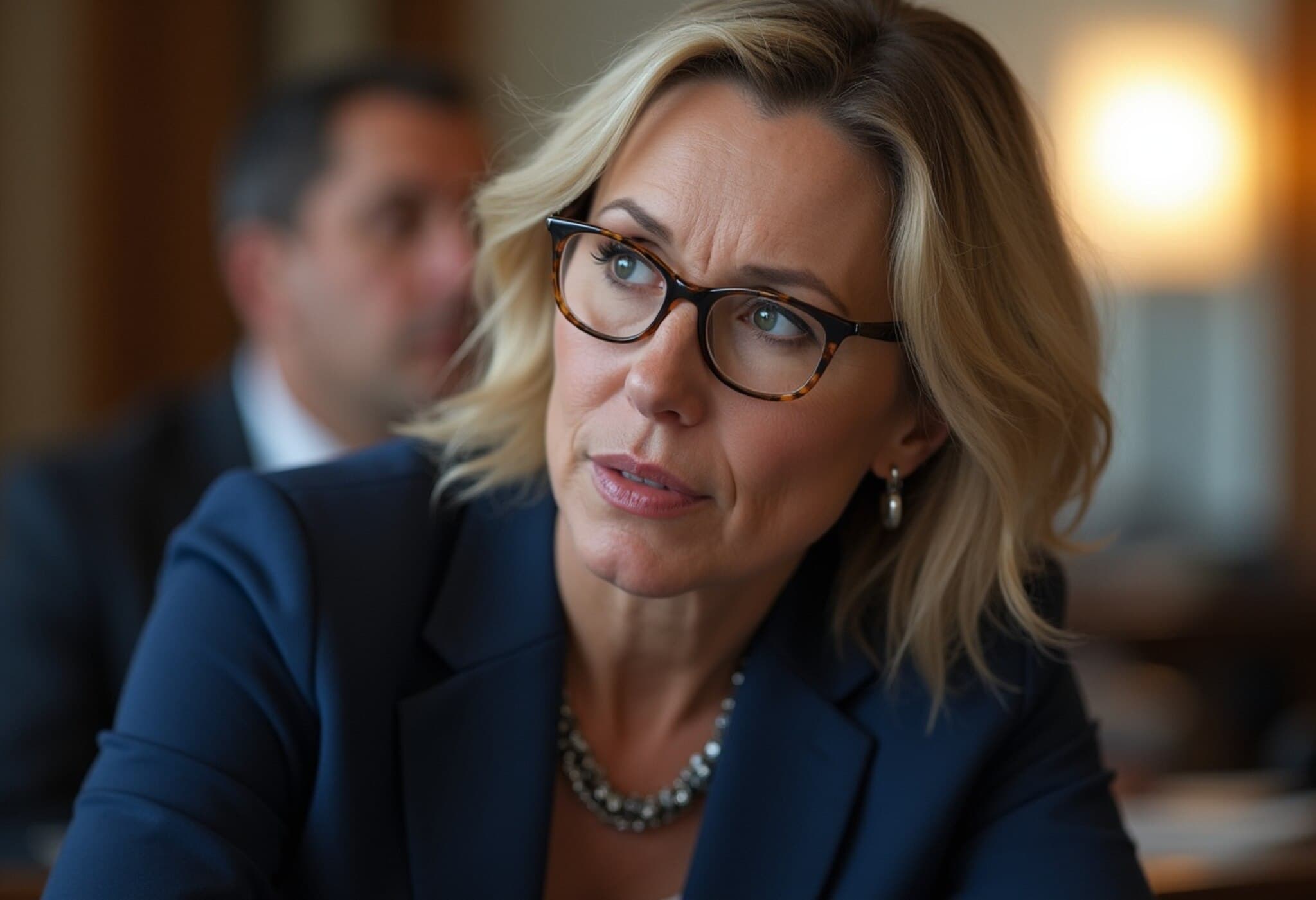Federal Reserve Governor Adriana Kugler Announces Unexpected Resignation
In a surprise move, Federal Reserve Governor Adriana Kugler has announced her resignation, effective August 8, 2025, cutting her tenure short several months before it was due to end in January 2026. Kugler’s departure creates a significant vacancy on the Federal Reserve Board, a seat that President Donald Trump will now have the authority to fill.
Implications for Federal Reserve Policy and Trump Administration
This resignation comes amidst heightened tension between the Trump administration and the Federal Reserve. President Trump has publicly criticized the Fed’s cautious approach to monetary policy, particularly regarding interest rate decisions.
Jerome Powell, the Fed Chair, reiterated at a recent policy meeting that the central bank plans to hold short-term interest rates steady for now. He also cautioned that it could take several months to assess the economic impact of ongoing tariffs before contemplating any rate cuts, contrary to Trump’s calls for immediate reductions.
Why Kugler's Departure Matters
- Strategic Board Influence: With Kugler stepping down, the president gains an important opportunity to appoint someone who might align more closely with his economic vision, potentially influencing monetary policy direction.
- Market Sensitivity: Financial markets watch Federal Reserve Board composition carefully; this appointment could affect investor confidence, especially given current global trade uncertainties.
- Tariffs and Economic Outlook: The Fed's deliberative approach to tariffs underscores the unpredictable impact trade policy has on growth and inflation, making board appointments critical during this volatile period.
Expert Insight: Navigating Political Pressure on the Fed
Experts warn that the Federal Reserve’s independence is vital for long-term economic stability. Dr. Laura Simmons, a monetary policy analyst at the Brookings Institution, explains, "While presidential appointments are standard, politicizing the Fed’s board can risk undermining its crucial role in managing inflation and employment. Kugler’s resignation at this moment raises questions about the internal dynamics and external pressures at play."
Moreover, the decision to pause interest rate changes while evaluating tariff impacts demonstrates the Fed’s commitment to data-driven policy rather than reacting to political demands, a principle economists emphasize as essential to sustainable growth.
What Happens Next?
President Trump now has until the vacant seat is filled to nominate a new Fed governor, subject to Senate confirmation. This choice could signal the administration’s broader economic priorities as it navigates a complex global trade environment.
Meanwhile, market observers and policy watchers will be scrutinizing upcoming Federal Reserve communications for further indications on how domestic and international economic pressures might shape monetary policy.
Editor’s Note
Adriana Kugler’s abrupt exit highlights the delicate balance between political influence and institutional independence at the Federal Reserve. As President Trump prepares to nominate her successor, the question remains: can the Fed maintain its steady course amid growing political headwinds and an uncertain global economy? This development calls for close attention, as the incoming appointee’s stance could have lasting repercussions on U.S. monetary policy and financial markets.

